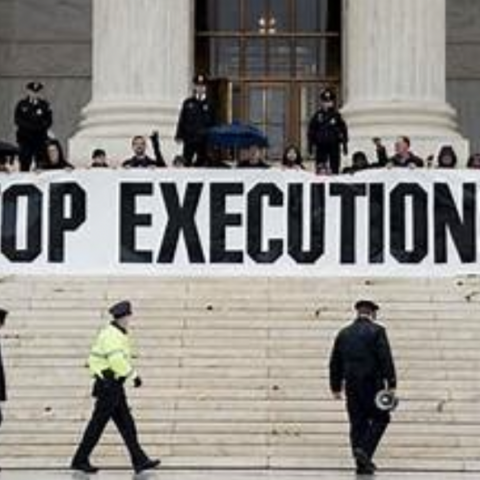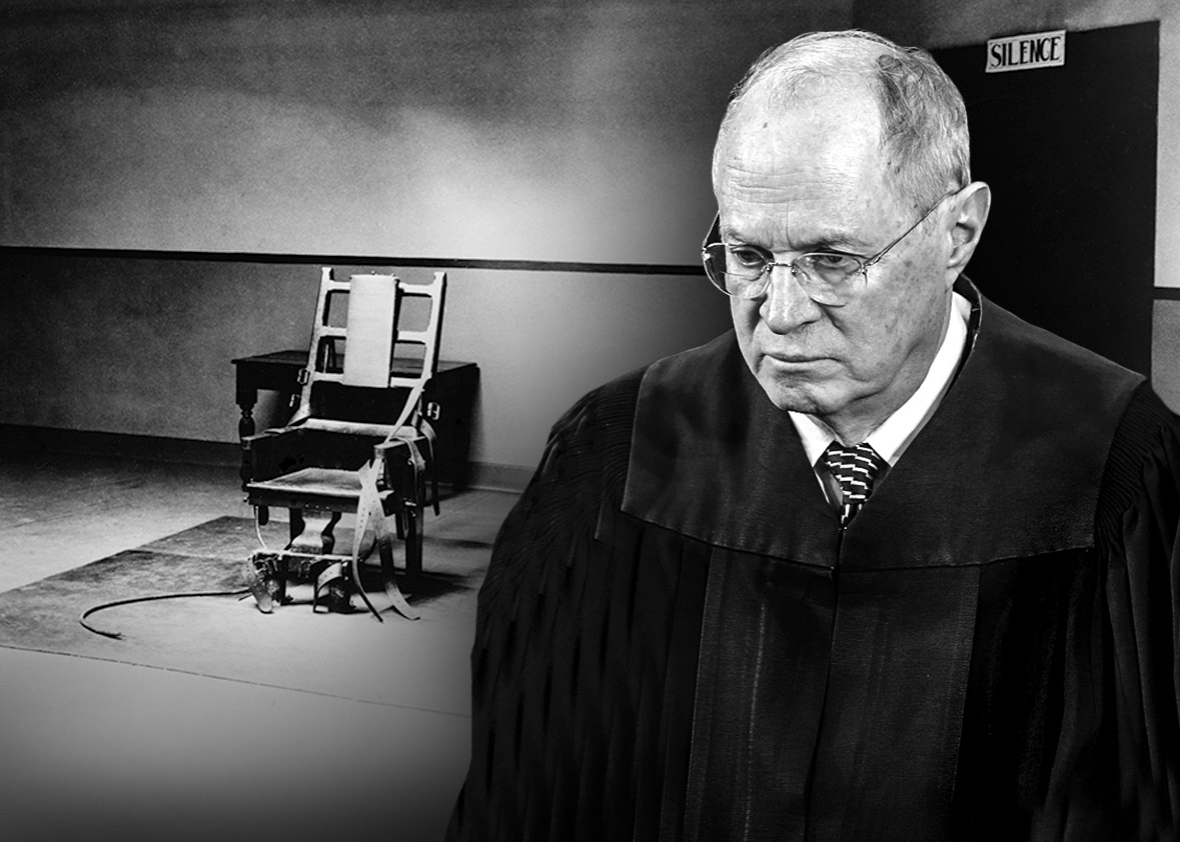By: Gautam Narula
I first met Davis on death row on September 29, 2008, six days after he had come within 90 minutes of execution, and met him several times afterward, along with frequently speaking to him on the phone and corresponding through the mail. As he became America’s most well-known death row inmate, more and more people would ask me, “What was Troy Davis like?”
First and foremost, Troy Davis the man never wavered on his innocence. The second time I met him on death row, he told an incredibly detailed account of what happened the day MacPhail was killed, and what happened in the ensuing days. His final words to the MacPhail family, given just minutes before his execution, were, “I know you all are convinced I’m the person who killed your father, your son, and your brother. But I am innocent.”
Davis was also well aware of the details of his complex legal case. I recall meeting him shortly after his hearing in Savannah in June 2010, and seeing his frustration that his lawyers had failed to subpoena Sylvester “Redd” Coles, the primary alternative suspect, to the hearing, which had made much of the evidence they had intended to submit inadmissible. He was annoyed that despite having a whole team of lawyers working on the case, they had allowed such a simple thing to damage the possibility of a favorable outcome in the hearing. During our visits, he spoke of his appeals process and would mention how agitated he was that his lawyers had made many simple mistakes.
As a person, Troy Davis was warm and caring. He took a sincere interest in the lives of people who wrote to him or visited him. At his funeral, one speaker noted how Davis had created a calendar with the dates of important events, birthdays, and anniversaries of his friends and family. He often called my family, simply to see how we were doing in our personal lives and to inquire how my sister and I had been doing in school, and when I visited death row I learned that he hadn’t been shy about telling other inmates and his lawyers about our accomplishments. He seemed well-liked on death row: every time I visited, both inmates and guards would warmly greet him and start conversations with him, which he would cut short so he could continue speaking to his visitors. Although he was soft-spoken, Davis loved talking to his visitors and would frequently smile and tell jokes. In our visits, he made it clear that among his goals were to help abolish the death penalty, so that there would be no more Troy Davises, and to mentor youth to make sure they did not make the same mistakes he did. At the end of visits, he always made sure to hug each visitor. After stricter visitation policies forced him to interact with visitors from behind metal bars and a plexiglass window, he would press his hand against the glass, as the visitor pressed his on the other side.
But above all, Troy Davis was a man of faith. He was always seen with a cross around his neck. In our conversations, he would frequently mention his faith in God as his reason he was not angry, bitter, or afraid. Davis said he bore no ill will towards the MacPhail family, which had always been convinced of his guilt and had spoken in favor of his execution. He frequently quoted Bible passages in the letters he wrote me, and I still have a few religious texts he sent me, with the name “Troy A. Davis” neatly written in the front cover. When I asked him how he could not be angry at being imprisoned for nearly two decades, he said, “God hasn’t failed me. He just isn’t ready for me to come home yet.” Before each of his four execution dates, he had refused his last meal, simply because he believed that meal would not be his last.
Given this conviction, it wasn’t surprising that the very last words Davis ever said, minutes before his execution, were, “And those who’re trying to…about to take my life, may God have mercy on all of your souls, and God bless you.”

